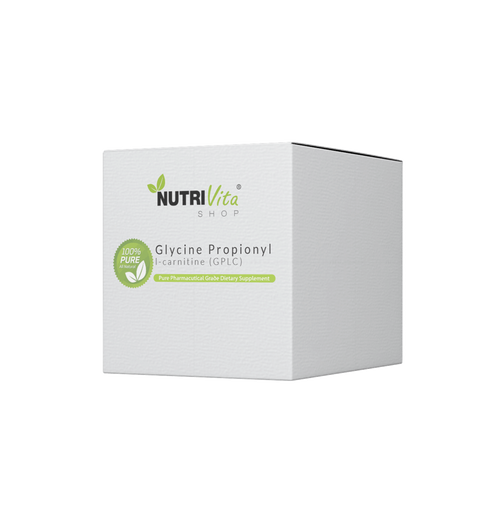Glycine is an amino acid considered nonessential but nonetheless important in the formation of muscle tissue and in the conversion of glucose into energy. Glycine also provides general antioxidant protection to the body by stopping harmful free radicals from doing damage to healthy cells.
Glycine is necessary in reactions that help to form peptides, adenosine triphosphate, nucleic acids, bile acids, proteins, hemoglobin, glucose and other types of amino acids and essential nutrients. The body would not be able to make proper use of the benefits of glucose without Glycine. Glucose can also be found in high concentrations throughout the spinal cord because it inhibits certain neurotransmitters.
Not only does it inhibit some neurotransmitters, it also helps others which are responsible for cognition and memory in the brain. Glycine may also block the passage of certain toxins attempting to enter the system, rendering them less harmful before they reach their destination.
In its ability to make energy out of glucose, Glycine also assists in the synthesis of stomach bile. This process helps the digestive system dissolve foods into usable nutrients and break down fats. For this reason, Glycine can be found in many antacids.
Glycine can be made directly from the synthesis of choline that takes place in the kidneys and liver. It also has the ability to be derived from another amino acid called serine, but can be transformed back into serine under the right conditions.
Glycine is recommended to be taken in serving sizes of 100mg to be consumed up to 3 times per day, depending on intended effect. As the body is able to manufacture Glycine on its own, a Glycine supplement is usually not necessary for most people. Always speak with a medical professional before use, especially if you have had a prior medical condition.










